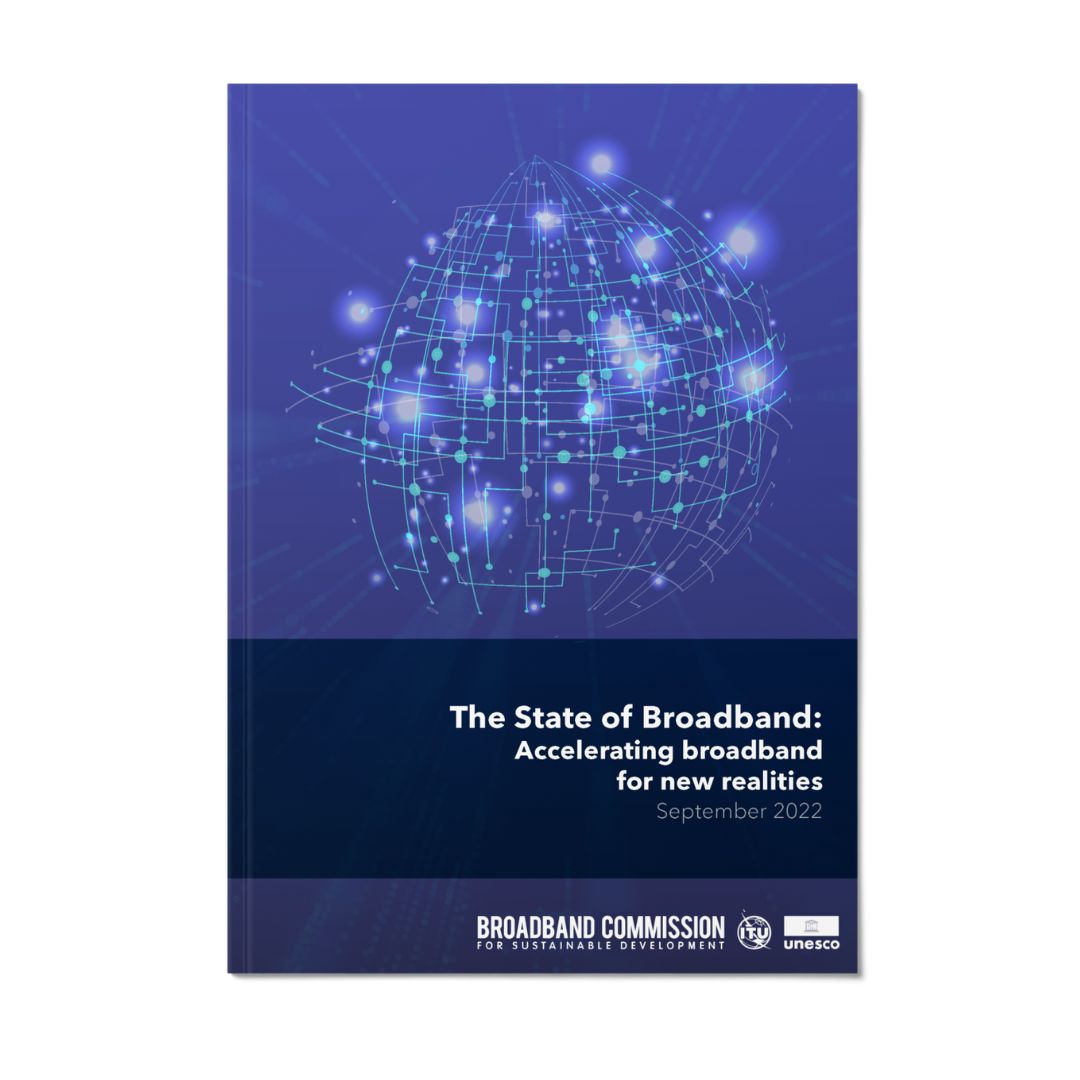To unleash the potential of every person on the planet will require access to connectivity for all. Making broadband affordable is a critical step in achieving that meaningful universal connectivity to drive growth worldwide and is a top priority for the 2025 Broadband Advocacy Targets. We need to work together through innovative partnerships, using a mix of technologies to make broadband affordable. At the same time, we must leverage this connectivity to improve environmental sustainability. Using a mix of technologies and funding mechanisms is critical to addressing the issue of affordability. We all have the same goal of bringing connectivity to the hardest-to-connect communities, in the most affordable way, so that no one is left behind. To achieve this, the focus should not be on licensing or providing universal funding for one technology, but instead on the technology that works for the specific situation and environment. There is often too much attention on a single technology or system such as fibre, terrestrial wireless or LEO/GEO satellites. We must remember that all technologies have a role to play. In fact, at Inmarsat we are building a new network, ORCHESTRA, combining and leveraging the most efficient and effective technologies to enable connectivity and change citizens’ lives for the better.
While working on making broadband affordable, we cannot ignore the issue of climate change, and we all agree that improving environmental sustainability is a necessity. Satellite communications already plays an important and growing role in reducing greenhouse gas emissions in the aviation, maritime and IoT sectors. That is something that Inmarsat knows well given that we provide a primary communications network for the world’s maritime industry and 90 per cent of transoceanic airliners, and that we support nearly a million land connections. The aviation industry, for example, emits roughly 2.5 per cent of the world’s annual total of CO2. One way to reduce that impact is with better navigation and satellite technology, based on technology that is available in most commercial aircraft cockpits today. This enables planes to safely fly closer together on optimal routes via more efficient paths through increasingly congested airspace. The shipping industry could also reduce its greenhouse gas emissions by 38 per cent by 2050 through the digitalization of existing vessels and shipping infrastructure alone. One of the most fruitful areas for digital decarbonization is the voyage phase, when ships are at sea and their engines are at their most polluting. The maritime industry is already seeing evidence of the environmental benefits of digitalization, which is being delivered alongside commercial and operational improvements for ship owners and operators using the same technology and satellite communications infrastructure. Without satellite-enabled communications, an industry-wide digitalization strategy would be impossible.4
Finally, innovative partnerships are key. Through collaboration we can more quickly design meaningful, people-centric solutions focused on making broadband more affordable. While there are partnerships in place already, we need to continue to think innovatively to design further bold solutions. For example, the Partner2Connect (P2C) initiative aims to bring connectivity to the hardest-to-connect communities, and Inmarsat was one of the first donors to P2C, donating USD 1.2 million worth of satellite airtime to P2C with the specific objective of providing connectivity everywhere.


